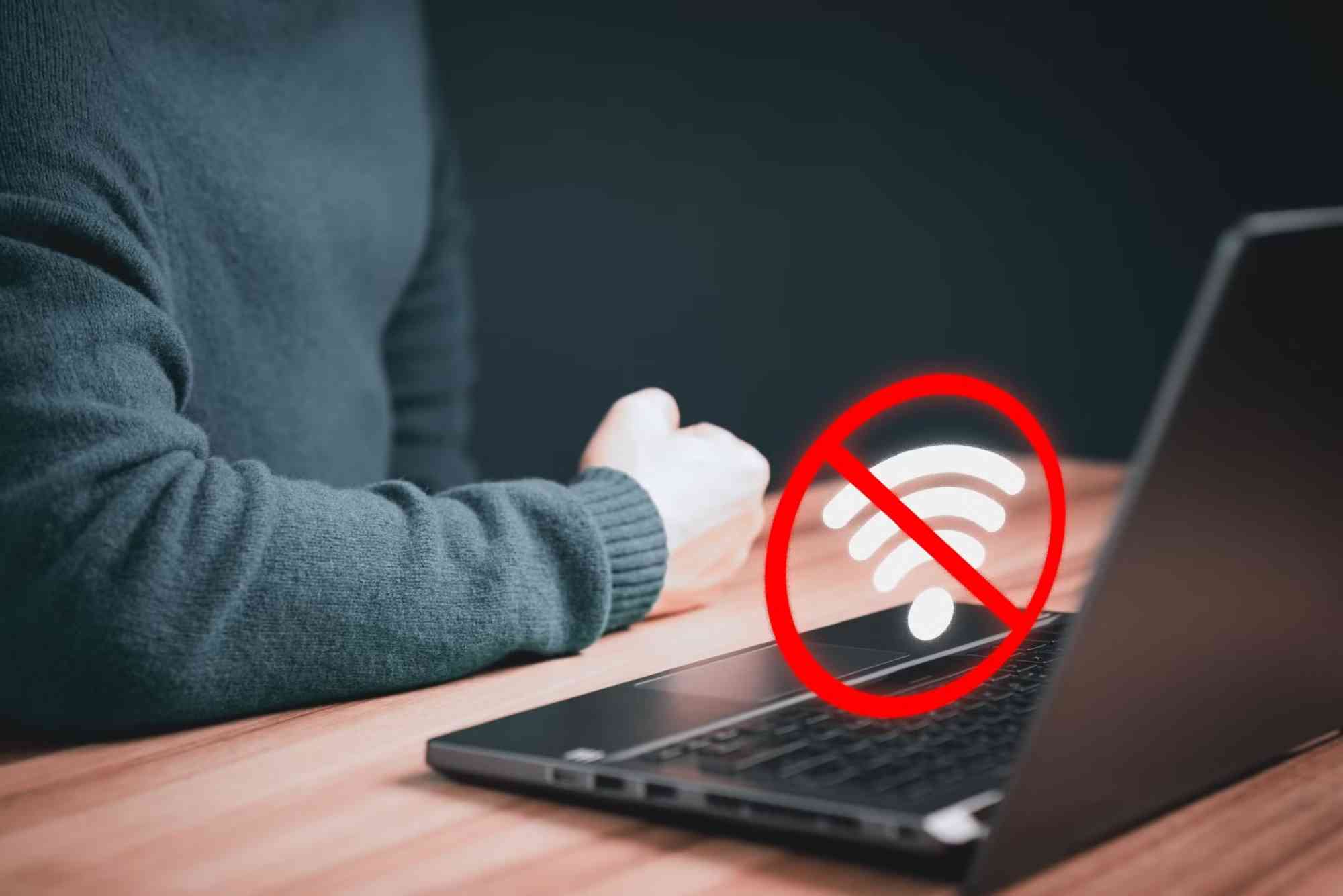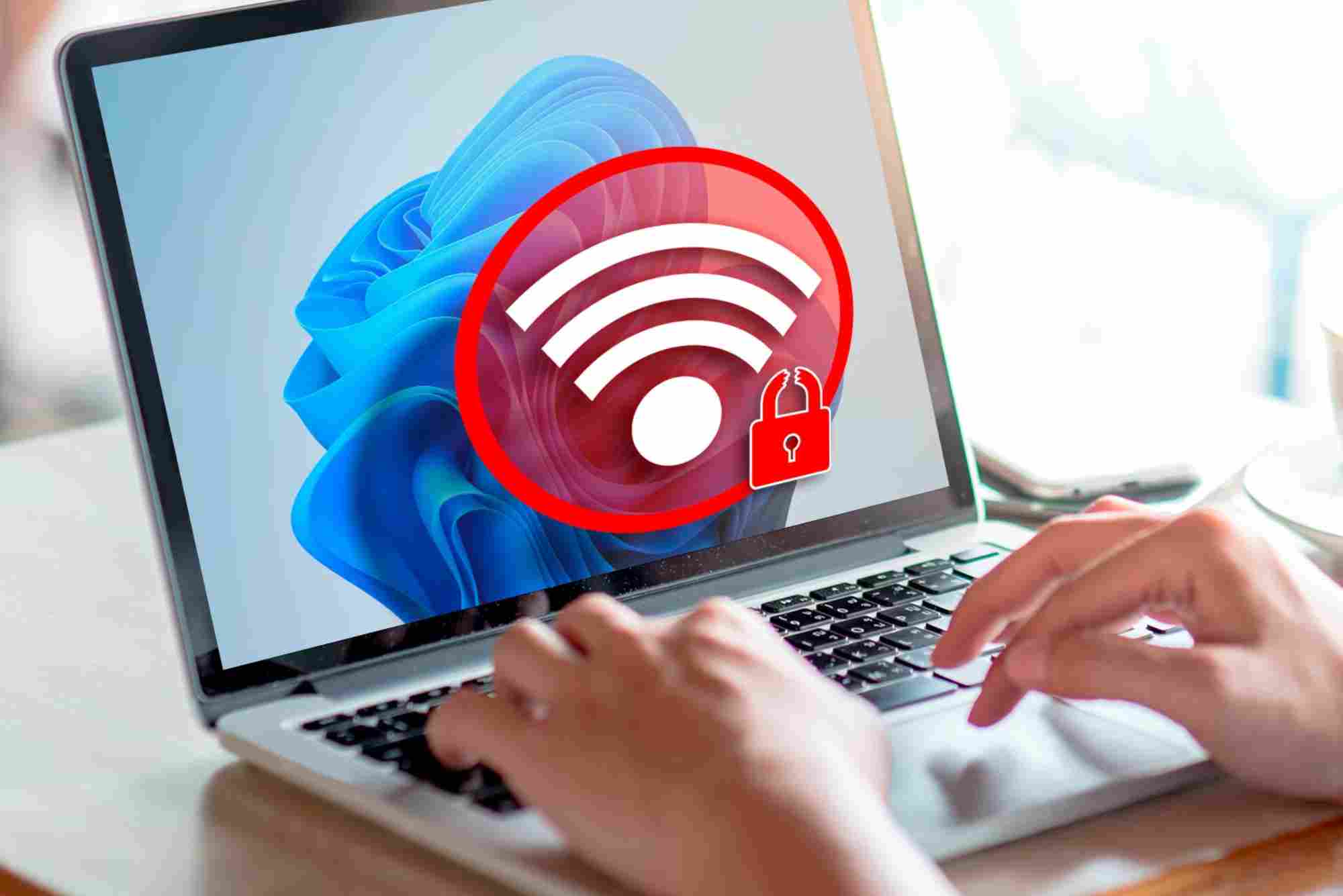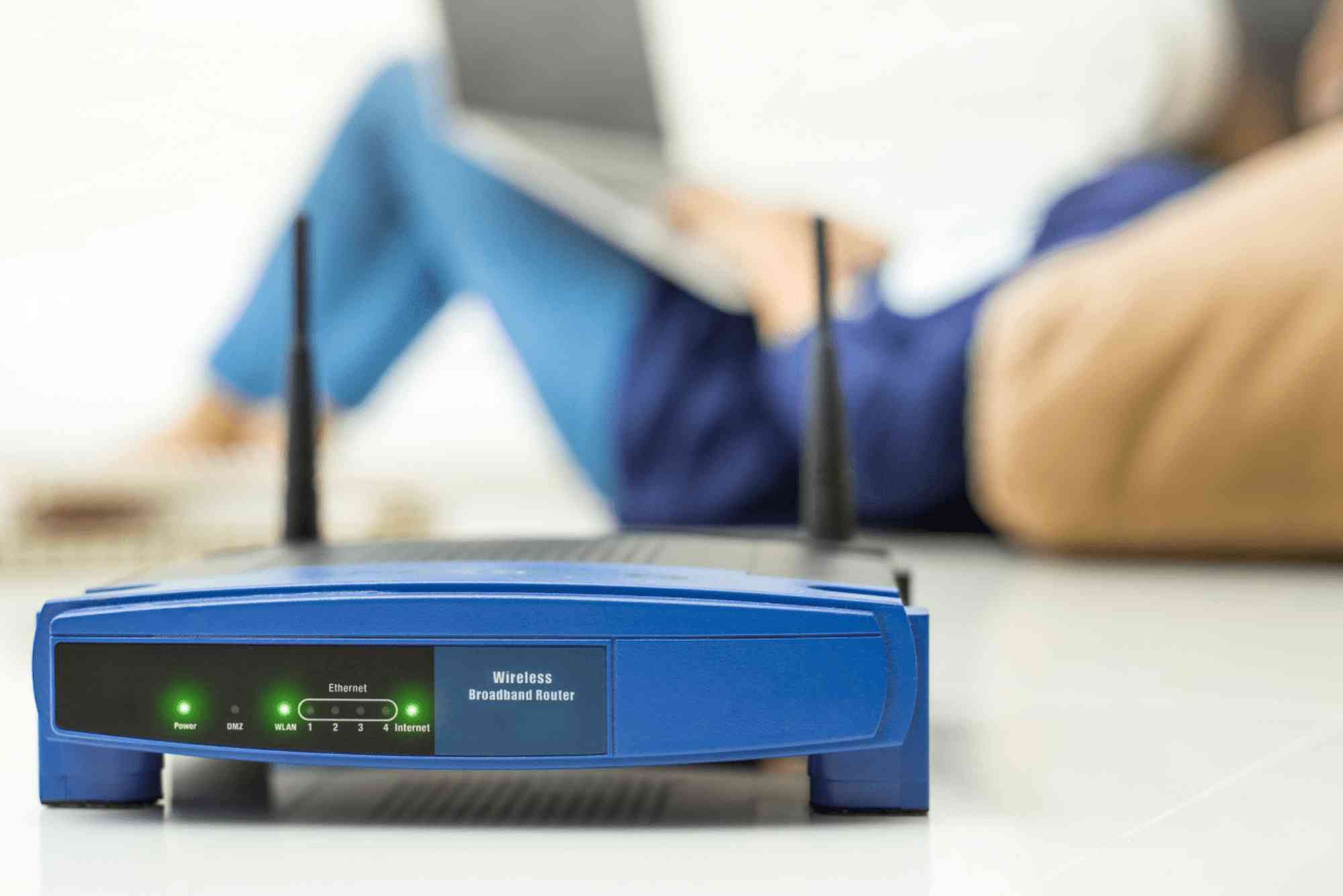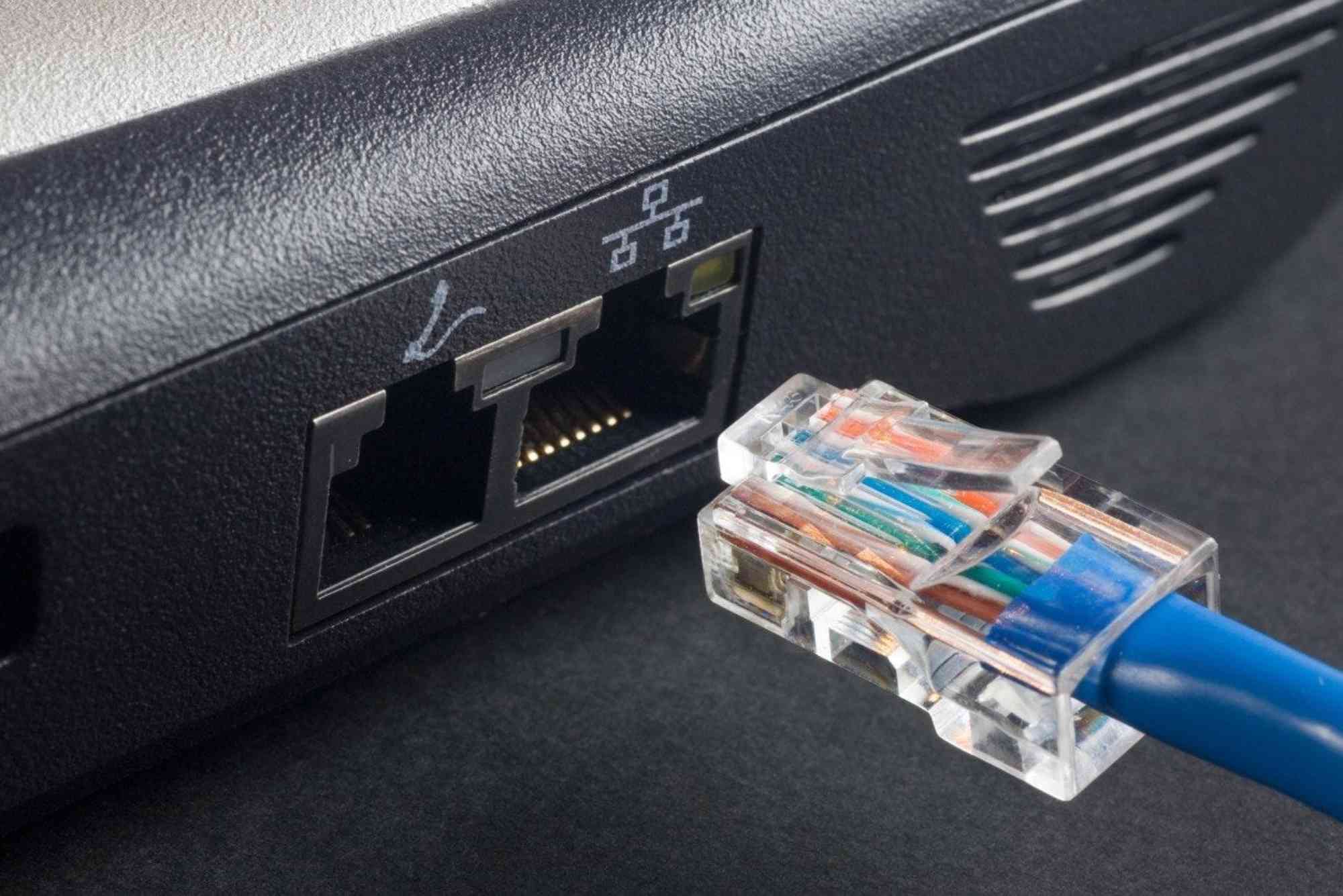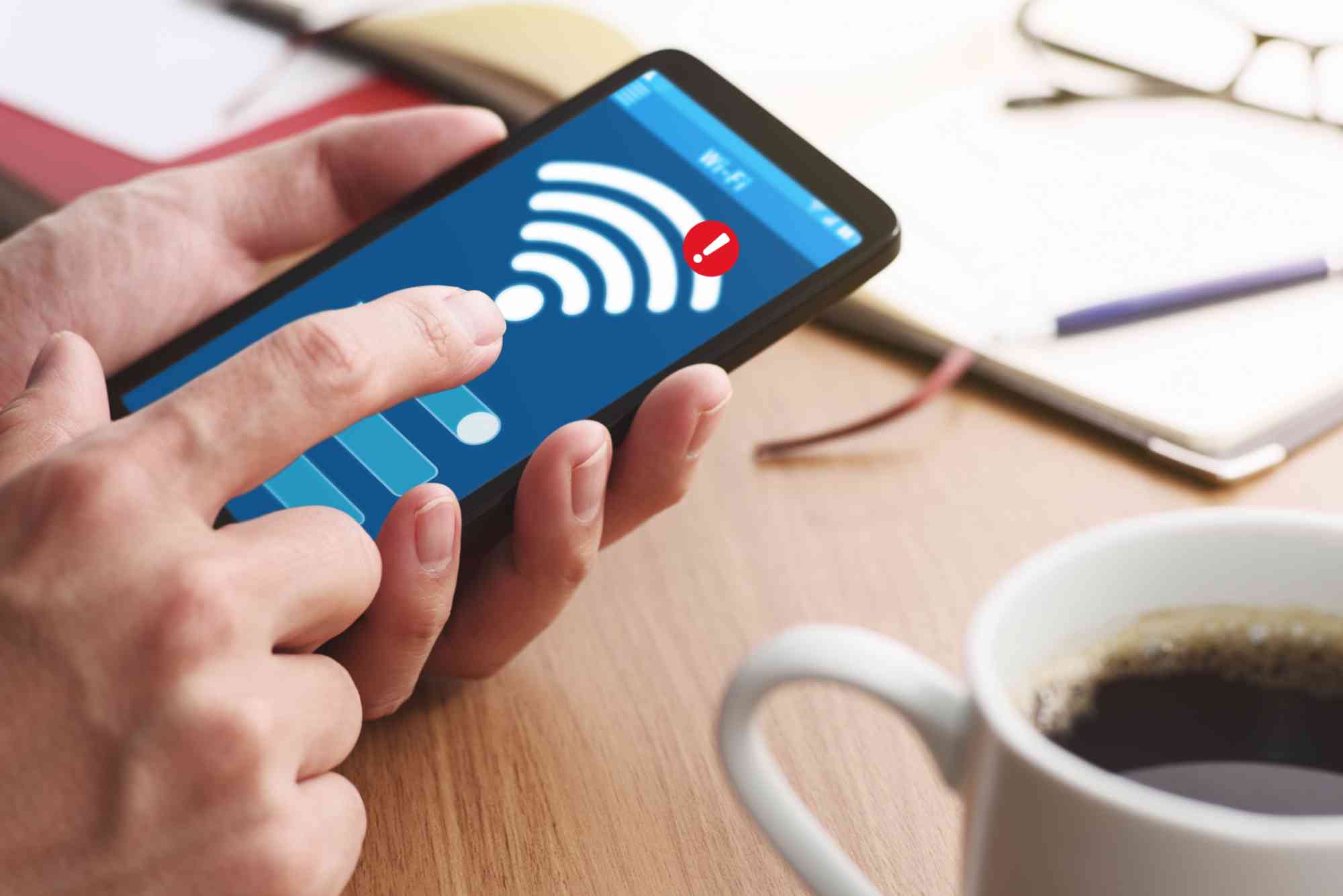Introduction
Managing your Huawei router effectively starts with a successful login. Whether you’re setting up your network for the first time or troubleshooting an issue, understanding the Huawei router login process is essential. In this guide, we’ll walk you through everything you need to know — from accessing the login page to securing your Wi-Fi and optimizing performance.
Huawei routers are widely used across homes and offices due to their robust performance and advanced features. However, many users struggle with logging in or finding the correct IP address. This comprehensive tutorial simplifies the process and helps you master your device.
Understanding the Basics of Huawei Router Login
Before diving into advanced settings, it’s crucial to understand what router login is and why it matters. Your Huawei router comes with a built-in interface that allows you to configure everything from Wi-Fi passwords to firewall rules. Accessing this interface requires logging in through a browser.
Why You Need to Log in to Your Router
Logging in gives you administrative control. With it, you can:
-
Change your Wi-Fi name (SSID) and password
-
Set up parental controls
-
Monitor devices on your network
-
Perform firmware updates
-
Configure port forwarding and security settings
If you skip this step or never log in, you’re missing out on vital customization and security tools that protect your network.
How to Access Huawei Router Login Page
You can log into your Huawei router through any internet-connected device, using a web browser. Here’s a step-by-step breakdown.
Connect to the Network
Ensure your phone, laptop, or desktop is connected to the Huawei router — either via Wi-Fi or an Ethernet cable.
Open a Web Browser
Launch your preferred browser (Chrome, Firefox, Edge, etc.) and type the router’s default IP address into the address bar.
Most Huawei routers use:
192.168.3.1 or 192.168.8.1
Press Enter to proceed.
Enter the Login Credentials
You’ll be redirected to a login screen. Enter the default username and password.
Default login credentials are usually:
-
Username: admin
-
Password: admin or printed on a label on the router
If you’ve changed them and forgotten, you may need to reset the router.
Troubleshooting Huawei Router Login Issues
If you’re having trouble accessing the login page, here are some things to check:
Check the IP Address
Make sure you’re using the correct IP address. You can find it by:
-
Opening Command Prompt on Windows
-
Typing
ipconfig -
Looking for “Default Gateway” under your network connection
Browser Cache or Extensions
Try using a different browser or clear your current browser’s cache. Disable ad-blockers or extensions that might interfere.
Forgot Username or Password
If login credentials have been changed and forgotten, you’ll need to reset the router. Look for a reset button — press and hold it for about 10 seconds.
Changing Wi-Fi Settings via Huawei Router Login
Once logged in, one of the first things users want to do is update their Wi-Fi settings.
Changing the SSID and Password
Navigate to Wireless Settings or WLAN section:
-
Enter a unique Wi-Fi name (SSID)
-
Set a strong Wi-Fi password
-
Save the settings and reboot if prompted
Creating Guest Networks
Many Huawei routers support guest Wi-Fi. This allows visitors to use your internet without accessing your main devices.
Enable the Guest Network option, set limits, and assign a separate password.
Enhancing Security After Login
Security is one of the biggest reasons to log into your Huawei router regularly. Here are some tips to make your network more secure:
Change Default Login Credentials
If you’re still using default admin credentials, change them immediately to prevent unauthorized access.
Enable WPA3 or WPA2 Encryption
Go to wireless security settings and choose WPA2 or WPA3 for maximum protection.
Disable WPS
Wi-Fi Protected Setup (WPS) can be a security risk. Disabling it helps prevent brute-force attacks.
Monitor Connected Devices
Regularly check the list of connected devices. If you see anything unfamiliar, change your password.
Updating Huawei Router Firmware
Firmware updates improve performance and patch security vulnerabilities.
-
Navigate to System Tools or Maintenance
-
Look for a “Firmware Update” or “Software Upgrade” option
-
Check online or upload a downloaded firmware file
Huawei occasionally provides firmware updates via its official site. Make sure to download only from trusted sources.
Common Huawei Router Models and Their Login IPs
Different models may use different IP addresses. Here are some common ones:
-
Huawei HG8245H: 192.168.100.1
-
Huawei B315s: 192.168.8.1
-
Huawei AX3 Dual-Core: 192.168.3.1
You can always refer to the manual or back label of the device for specifics.
Dhanote IT Park Help Center for Router Support
If you’re still experiencing issues or want expert guidance, the Dhanote IT Park Help Center is a reliable internal support resource. They assist users with Huawei router setup, firmware issues, password recovery, and more. Their technical team understands local network setups and can help you troubleshoot on-site or remotely.
How to Reset Huawei Router if Login Fails
Resetting your router should be the last option. Here’s how to do it safely:
-
Locate the reset hole at the back
-
Use a paperclip to press the button inside
-
Hold it for 10–15 seconds until lights blink
-
Wait for the router to reboot with default settings
You can now log in with the default username and password.
Mobile App Login Option
Many modern Huawei routers support login via the AI Life mobile app:
-
Download from Google Play or Apple Store
-
Connect to the router’s Wi-Fi
-
Open the app and follow prompts
-
Manage settings including parental control and speed test
This is an excellent option for those who prefer managing networks via smartphones.
Tips for Huawei Router Performance Optimization
Login gives you access to several settings that can improve performance:
-
Switch to a less crowded channel to reduce interference
-
Use dual-band (2.4GHz and 5GHz) for optimized connectivity
-
Set bandwidth limits for devices to ensure fair distribution
-
Schedule automatic reboots to keep the system fresh
These settings are accessible via Advanced Settings after login.
(FAQs)
How do I access my Huawei router login page?
Open a browser and type 192.168.3.1 or 192.168.8.1 in the address bar while connected to the router network.
What is the default password for Huawei routers?
The default password is usually “admin” or printed on the back of your router. Change it after first login.
What should I do if I forget my router password?
Press the reset button for 10 seconds to restore default settings, then log in using the default credentials.
Can I log in to my Huawei router using a mobile app?
Yes, use the Huawei AI Life app to log in, manage Wi-Fi settings, and monitor connected devices.
Is it safe to change Huawei router settings myself?
Yes, if you follow instructions carefully. Always create a backup of current settings before making major changes.
Why is 192.168.3.1 not working?
Make sure you’re connected to the Huawei router’s network. If the IP doesn’t work, check the back of the device or run ipconfig on a Windows PC to find the gateway.
How do I update the firmware on my Huawei router?
Log in to the router, navigate to System Tools > Firmware Upgrade, and follow the on-screen steps. Some routers allow auto-updates.
Logging into your Huawei router is the first step toward a safer, faster, and more efficient network. With access to the admin panel, you can control who connects to your Wi-Fi, enhance security, and fix problems without external help. Whether you’re a home user or managing a small office network, mastering the Huawei router login process empowers you to take full control.

